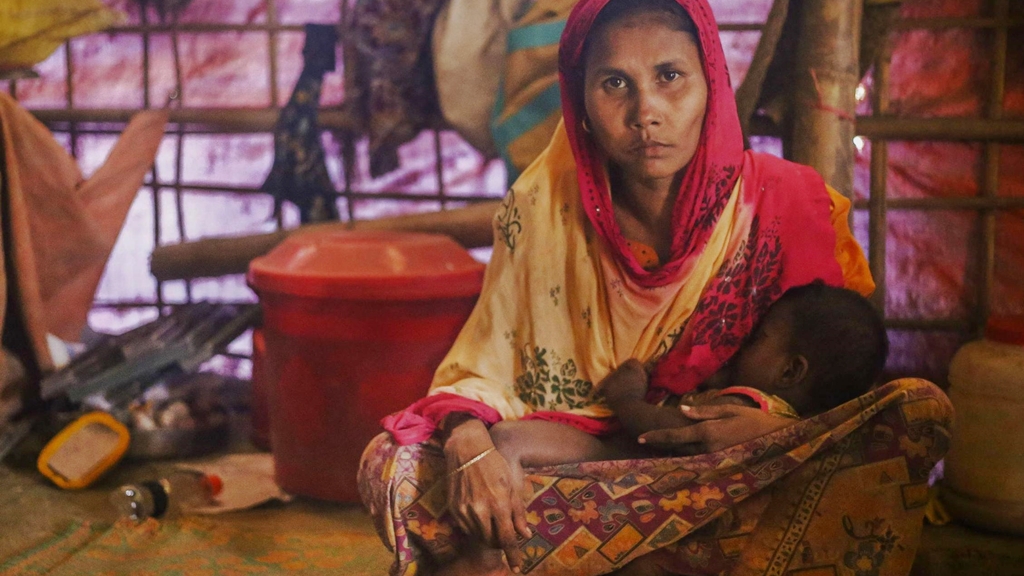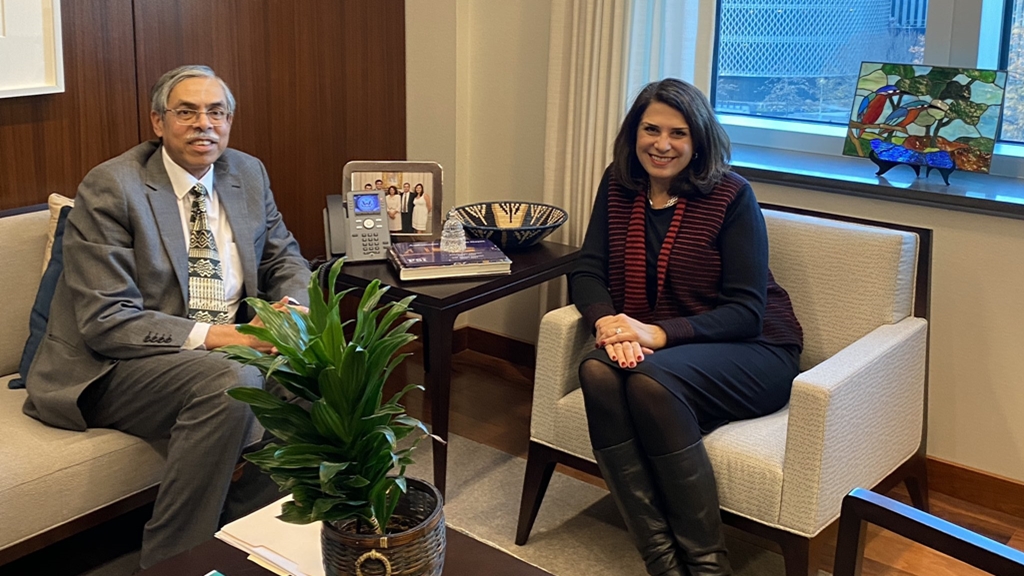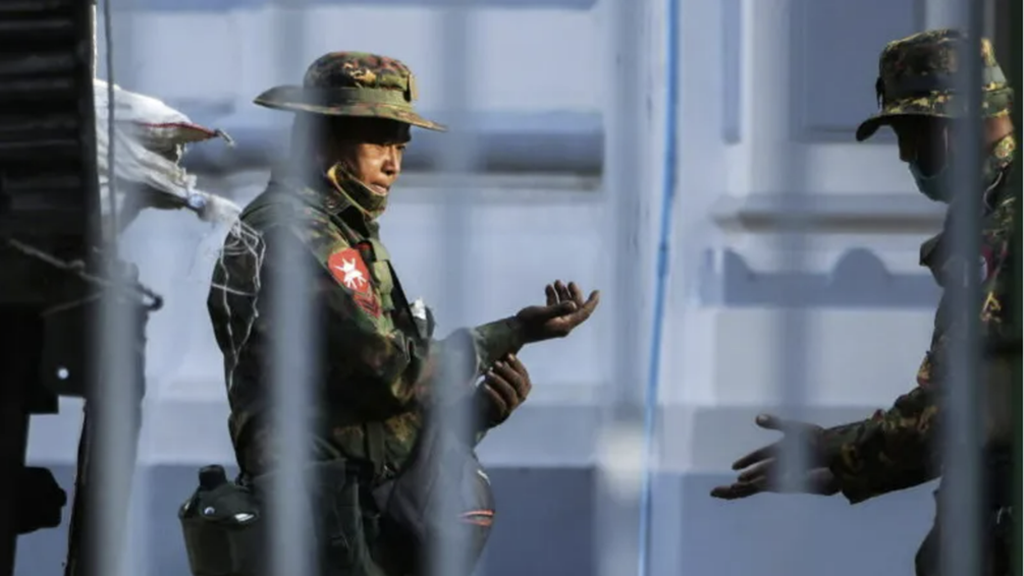
Rape is not a by-product of conflict in Myanmar – it is a strategy of it
- 10/12/2019
- 0
By Thaslima Begum, Independent UK
When Aung San Suu Kyi appears in court tomorrow (today) to defend Myanmar against the charge of genocide, she must address the military’s key tactic: rape.
Despite its commonness, rape has long been an invisible war crime. Gender-based violence seems to escape sanction as it continues to be conceived as a private crime, committed by individual men, rather than a public crime, committed by agents of the state; a matter of the home, not the battlefield. If women’s human rights are to be respected in war and in peace, this imaginary border between the public and the private must be abandoned.
Rape committed during war is often systematic and intended to terrorise civilians, break up families and, in some instances, change the ethnic make-up of a population. During the Rwandan genocide, an estimated 250,000 women were raped in the space of three months, as Hutu leaders took AIDS patients from hospitals to form rape squads and infect Tutsi women. In the Bosnian war, Serbian forces used rape as a weapon against civilians; rape camps were established where women were raped repeatedly and only released once they became pregnant.
The Myanmar military’s use of rape against Rohingya women is not simply a by-product of conflict: it is a strategy in it, one whose aim is to drive out the target population. Across continents and centuries, war-time rape victims continue to await justice. Thousands of women still struggle with the impact of rape without proper access to the legal, medical and financial assistance needed to rebuild their lives – all while the perpetrators go unpunished.
International treaties and mechanisms are only useful if they are implemented properly. Laws and policies only offer protection if they are respected – otherwise, they are little more than empty promises. The sexual violence committed by the Burmese military against the Rohingya is fundamental to the case against Myanmar, and the ICJ must take every action to ensure these crimes are properly investigated. Anything else will fail to deliver justice and undermine the court’s authority.
Rohingya women don’t need sympathy, they need justice. The past 20 years have delivered pitifully little of it to wartime rape victims. The ICJ has the opportunity to change that.
Thaslima Begum is a human rights journalist with a focus on women, conflict and migration. She was recently nominated for Britain’s Orwell Prize for her ongoing coverage of the Rohingya crisis.







